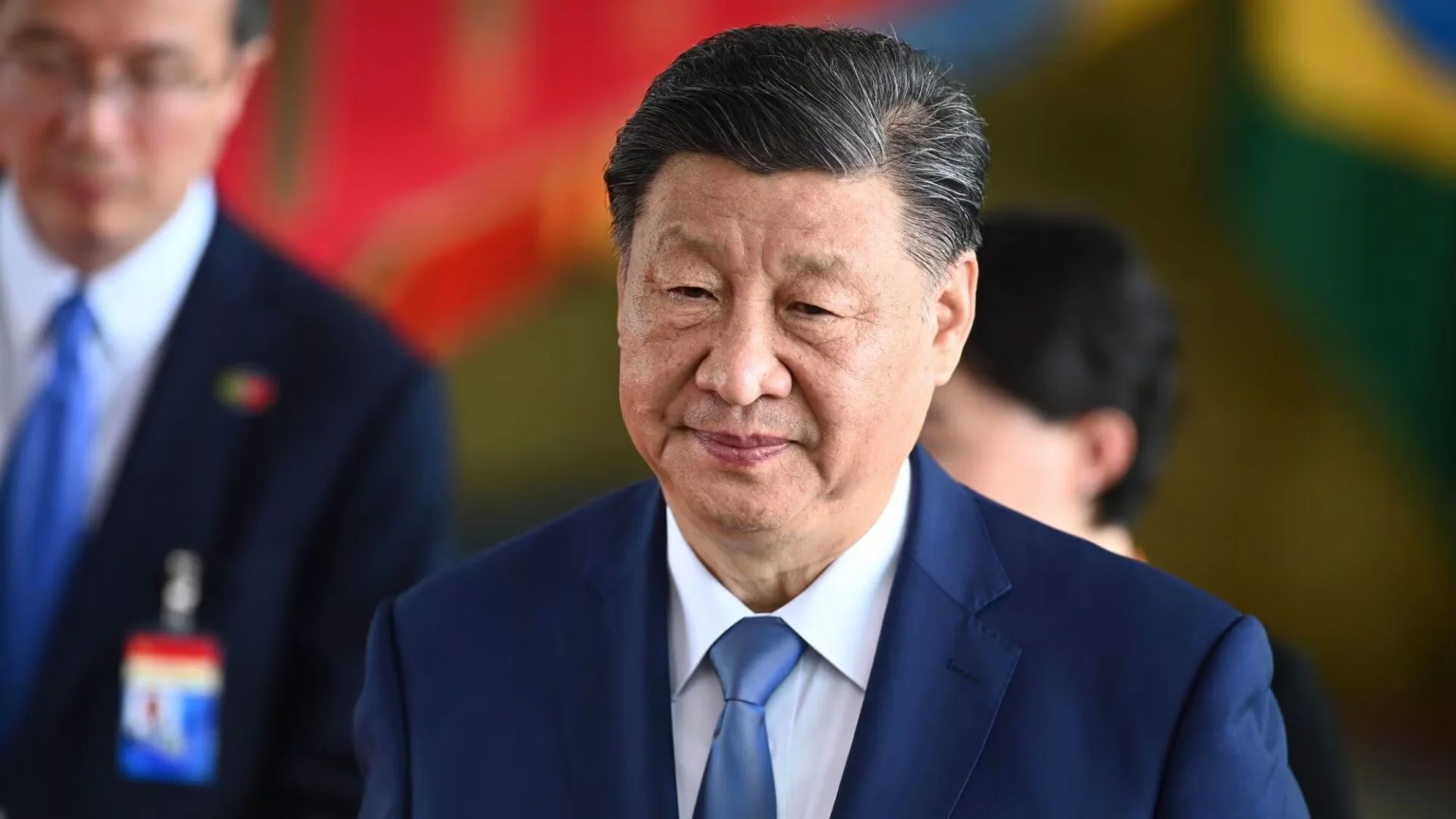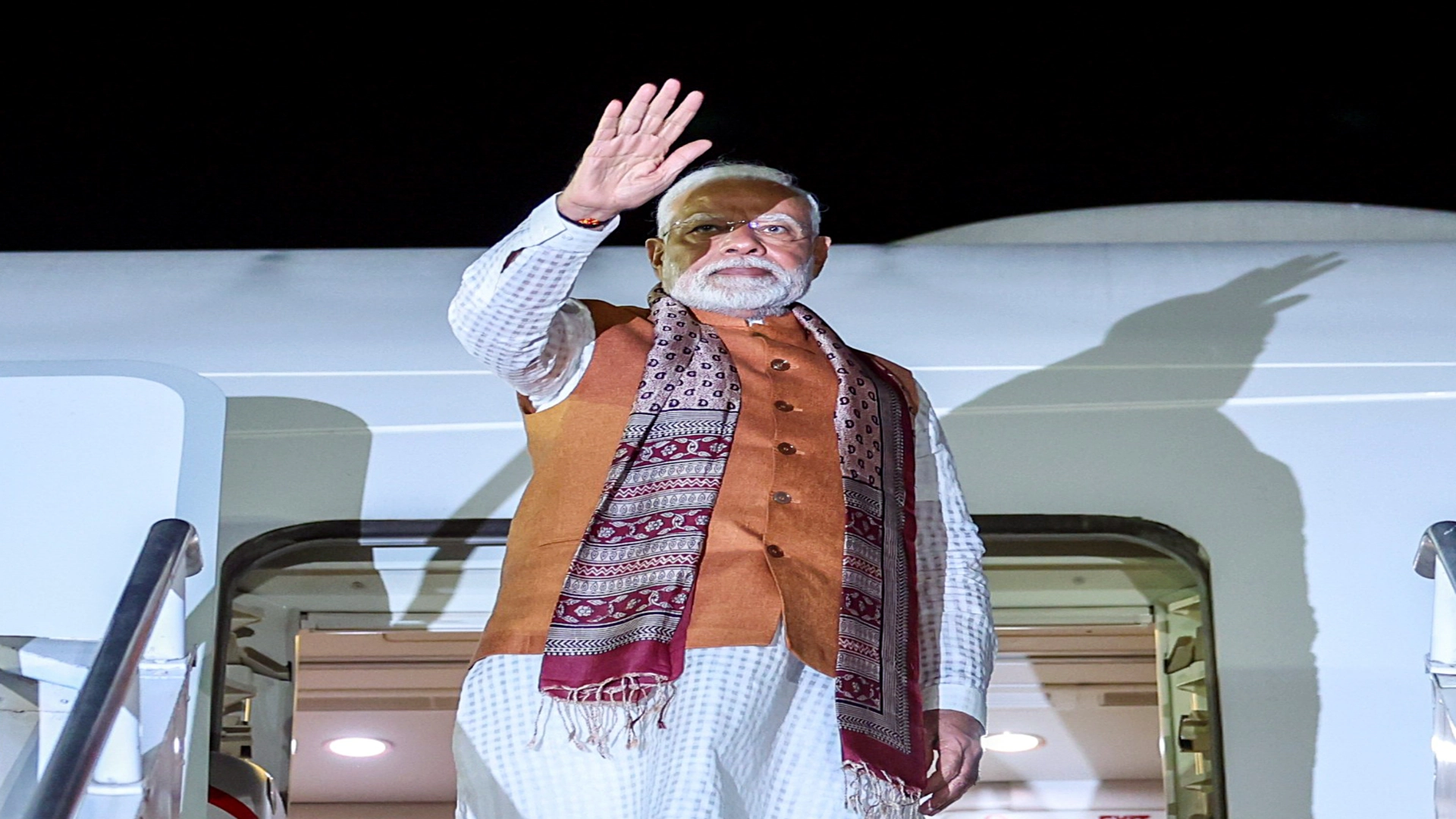While quashing rightly, robustly and rationally an advertisement of the Chhattisgarh government, the Chhattisgarh High Court in a most learned, laudable, landmark, logical and latest judgment titled Abhay Kumar Kispotta & Ors v. State of Chhattisgarh & Ors in WPS No. 7183 of 2021 that was pronounced as recently as on March 9, 2023 held that providing 100% female reservation is “unconstitutional”. It must be mentioned here that a Division Bench of Hon’ble Chief Justice Shri Arup Kumar Goswami and Hon’ble Justice Shri Narendra Kumar Vyas quashed the provisions of a law framed by the Chhattisgarh government which specified that only female candidates are eligible for direct recruitment to the posts of demonstrators, professors and principals in government nursing colleges. We thus see that the Chhattisgarh High Court nullified Note-2 under Schedule-III of the Chhattisgarh Medical Education (Gazetted) Service Recruitment Rules, 2013 (‘the Rules’) and the consequent advertisement made for direct recruitment to the posts of Assistant Professor (Nursing) and Demonstrator, wherein 100% of the seats were reserved for women. The Division Bench minced just no words to hold that, “…the Rules are not saved by Article 15(3) of the Constitution of India which suffers from arbitrariness and are violative of Articles 14, 15 and 16 of the Constitution of India, and therefore, on the touchstone of equality before law, equality of opportunity in matters of public employment, the same can very well be quashed.” Very rightly so!
For the uninitiated, the Chhattisgarh Public Service Commission had published the advertisement on December 8, 2021, for posts of Assistant Professors (Nursing) and Demonstrators of various subjects and cited this law to seek applications only from women. Abhay Kumar Kispotta, Dr Ajay Tripathi, Alyus Xalxo and others moved the High Court against this. Their counsels, Nelson Panna and Ghanshyam Kashyap said they challenged the legality and constitutional validity of Note-2 of the Medical Education (Gazetted) Service Recruitment Rules, 2023. The counsels opposed Clause-5 of the advertisement (which made it women only) as being in violation of Articles 14, 15 and 16 of the Constitution. The counsels also argued that the petitioners had all the educational qualifications prescribed in the advertisement but could not apply due to this clause.
At the very outset, this brief, brilliant, balanced and bold judgment authored by Hon’ble Shri Justice Narendra Kumar Vyas for a Division Bench of Hon’ble Chief Justice Shri Arup Kumar Goswami and himself sets the ball in motion by first and foremost putting forth in para 1 that, “Since common question of law and facts are involved in both the writ petitions, they were heard analogously and are being disposed of by this common order.”
Simply put, the Division Bench then lays bare in para 2 observing that, “The petitioners have preferred these petitions assailing legality and constitutional validity of impugned Note-2 prescribed in Scheduled-III of the Chhattisgarh Medical Education (Gazetted) Service Recruitment Rules, 2013 (hereinafter referred to as “Rules of 2013”) by which only female candidates are made eligible for direct recruitment to the posts of Demonstrator and Assistant Professor in Nursing Colleges. The petitioners have also challenged Clause-5 of the advertisement dated 08.12.2021 issued by Public Service Commission (Annexure P/2) for direct recruitment in the service by which only female candidates are made eligible.”
To put things in perspective, the Division Bench then envisages in para 3 that, “The brief facts as reflected from the records are that the impugned advertisement was published by the Chhattisgarh Public Service Commission, Raipur on 08.12.2021 for filling up various posts of Assistant Professor (Nursing) and Demonstrator for different subjects and as per Clause-5 of the advertisement only female candidates are eligible for recruitment and appointment to the post of Assistant Professor (Nursing) and Demonstrator. The petitioners who are having the requisite educational qualification prescribed in the advertisement for the post of Demonstrator Nursing, were not allowed to submit their forms in view of Note-2, mentioned in the Rules of 2013 as well as Clause-5 of the advertisement. As such, they have filed the present writ petitions. It is contended that as per Rules of 2013, 50% posts of Demonstrator and 75% posts of Assistant Professor for Nursing colleges are to be filled up by direct recruitment. 50% posts of Demonstrator are to be filled up by promotion from Staff Nurse/Nursing Sister/Assistant/ Nursing Superintendent. 25% of the posts of Assistant Professor are to be filled up from Demonstrator. Thus, he would submit that the reservation for female candidates has been granted to the extent of 100% for direct recruitment which is dehors constitutional provisions. He would further submit that the posts of Demonstrator and Assistant Professors for Nursing Colleges which have to be filled up by promotion, in which also as per Chhattisgarh Civil Services (Special Provision for Appointment of Women) Rule, 1997 (for short the Rules of 1997”), 30% seats on the basis of horizontal reservation have to be filled up and as such, the reservation for women will be more than 100%.”
While citing the relevant case law, the Division Bench mentions in para 12 that, “Hon’ble Supreme Court in the case of S. Renuka And Ors. vs State Of Andhra Pradesh, reported in (2002) 5 SCC 195, has held as under:-
8. It is settled law that no right accrues to a person merely because a person is selected and his or her name is put on a panel. The Petitioners have no right to claim an appointment. Even otherwise, the selection was contrary to the rules in force at that time. There could not be 100% reservation for women. Also the reservation policy had not been adhered to. The posts which are created are posts of District and Sessions Judges, Grade II. There is no separate posts of Judges of Family Courts and Mahila Courts. Thus the Petitioners could not be appointed as Judges of Family Courts and Mahila Courts in ex-cadre posts even provisionally. This would amount to creation of Ex-cadre posts not sanctioned by the Government. No fault can be found with the High Court being in favour of not appointing the Petitioners.”
Do note, the Bench then notes aptly in para 18 that, “Article 16(2) of the Constitution provides for equality of opportunity in matters of public employment and governs the specialised subject of public employment. Article 16(2) of the Constitution prohibits discrimination on the grounds of religion, race, caste, sex, descent, place of birth, etc. The word “sex” used in Article 16(2) of the Constitution is required to be noted because discrimination on the ground of sex cannot be made as per Article 16(2) of the Constitution. Article 16(4) of the Constitution provides for reservation to the backward class of citizens and it is to be read along with Article 16(2) of the Constitution of India and thereby no discrimination on the ground of “sex” can be made.”
Be it also noted, the Division Bench notes in para 19 that, “Submission of learned counsel for the State that the reservation to female candidate is saved by Article 15(3) of the Constitution of India cannot be accepted as Article 15(3) of the Constitution, at the outset, does not refer to reservation in public employment, rather the words used are “special provision” for women. That apart, the question would be that when there is a specific Article under the Constitution to govern public employment, whether it can be ruled by any other constitutional provision in conflict or otherwise. The answer to the aforesaid issue was summarized and given by the Constitution Bench of the Apex Court in the case of Indra Sawhney (supra), in paragraph 514, which is quoted hereunder:
“514 It is necessary to add here a word about reservations for women. Clause (2) of Article 16 bars reservation in services on the ground of sex. Article 15(3) cannot save the situation since all reservations in the services under the State can only be made under Article 16. Further, women come from both backward and forward classes. If reservations are kept for women as a class under Article 16(1), the same iniquitous phenomenon will emerge. The women from the advanced classes will secure all the posts, leaving those from the backward classes without any. It will amount to indirectly providing statutory reservations for the advanced classes as such, which is impermissible under any of the provisions of Article 16. However, there is no doubt that women are a vulnerable section of the society, whatever the strata to which they belong. They are more disadvantaged than men in their own social class. Hence reservations for them on that ground would be fully justified, if they are kept in the quota of the respective class, as for other categories of persons, as explained above. If that is done, there is no need to keep a special quota for women as such and whatever the percentage-limit on the reservations under Article 16, need not be exceeded.” [emphasis supplied].”
Most remarkably, the Division Bench observes in para 20 that, “The aforesaid judgment of the Apex Court clarifies that reservation for women in public employment cannot be under Article 15(3) of the Constitution and Article 16(2) of the Constitution bars reservation on the ground of sex and the reservations can be under Article 16 of the Constitution. However, a finding was recorded that women are vulnerable section and, therefore, reservation can be provided in the quota of respective classes. The issue thus remains open for the Parliament to provide reservation for the vulnerable class of candidates, because it is not so provided under Article 16(4) of the Constitution of India. The reservation therein is only to backward class of citizens and the Apex Court, in the case of Indra Sawhney (supra), observed that women en bloc cannot be brought under the category of backward class of citizens and, therefore, they are separately categorized as vulnerable class for which there exists no provision in the Constitution to provide reservation. It must be for the obvious reason that when public employment is governed by Article 16 of the Constitution, it cannot be ruled by Article 15 of the Constitution, which is of general application to the field not occupied by other Articles guaranteeing fundamental rights, otherwise there would be conflict between Articles 15 and 16 of the Constitution of India.”
Adding more to it, the Division Bench then states succinctly in para 21 that, “The aforesaid conflict can be illustrated by referring to Article 16(2) of the Constitution which prohibits discrimination in public employment on the ground of “sex” and in contrast, if we hold that Article 15(3) of the Constitution allows reservation for women and, accordingly, it can be provided in public employment, such an interpretation of Article 15(3) of the Constitution would be nothing but to nullify the main provision of public employment under Article 16(2) of the Constitution prohibiting discrimination on the basis of “sex”.”
Most significantly, the Division Bench then further holds in para 22 that, “Other limb of argument of learned counsel for the State is that the Rules have been framed by exercising power vested in it under Article 309 (2) of the Constitution of India by the competent authority and as such it cannot be questioned and the petitions challenging the Rules deserve to be dismissed by this Court. The said submission deserves to be rejected on the count that since the Rules are not saved by Article 15(3) of the Constitution of India which suffers from arbitrariness and are violative of Articles 14, 15 and 16 of the Constitution of India, and therefore, on the touchstone of equality before law, equality of opportunity in matters of public employment, the same can very well be quashed.”
Equally significant is what is then further held in para 28 that, “Thus, 100% reservation for female candidates for appointment on the posts of Demonstrator and Assistant Professor is unconstitutional, violative of Articles 14 and 16 of the Constitution of India, and therefore, Note-2 in the Schedule-III of the Rules of 2013 as well as Clause-5 of the advertisement are adjudged illegal and hence, quashed.” What’s more, the Division Bench then further directs in para 29 that, “Accordingly, the Writ Petition No. 7183 of 2021 and Writ Petition No. 7184 of 2021 are allowed.”
Finally, the Division Bench then concludes by holding in para 30 that, “Pending applications, if any, stand disposed of.”
All told, we thus see quite distinctly that the Chhattisgarh High Court very rightly holds 100% reservation for women for the posts of Demonstrators and also Assistant Professors as unconstitutional. So it is a no-brainer that this had to be quashed and it was quashed accordingly. No denying it!















